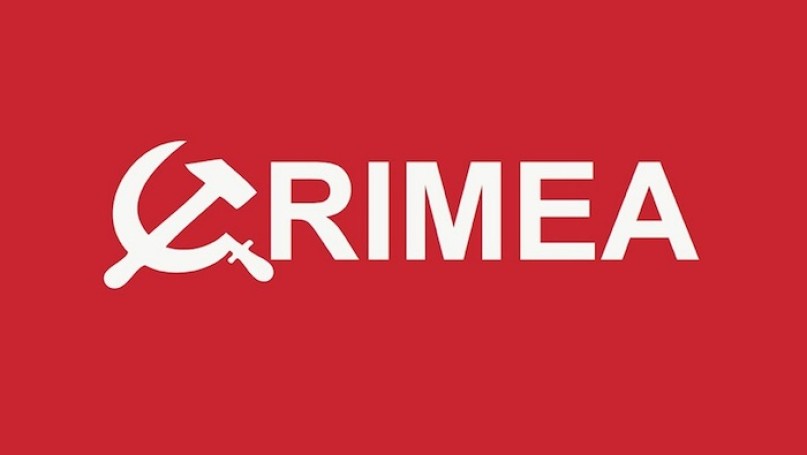
This is the first of three blogs on the validity of John Mearsheimer’s argument in his Foreign Affairs piece “Why the Ukraine Crisis Is the West’s Fault: The Liberal Delusions That Provoked Putin”. You can find the second and third posts on IR Theory and Practice as they are published.
John Mearsheimer argues that the annexation of the Crimea is an exemplary case-study for his theory of offensive realism in his Foreign Affairs article, “Why the Ukraine Crisis is the West’s Fault: The Liberal Delusions that Provoked Putin.” Mearsheimer’s argument appears to be that political (offensive) realism has more explanatory power than economic liberalism in this particular circumstance and that a realist ontology is a better way to keep the world “peaceful”. Such an argument is far too simplistic. Ukraine represents a point of contestation between two powerful visions; the Western economic liberalists look to the future and perceive that their vision of “the good” is timeless and universal while the Russian realists look to the past and perceive that the Western vision of “the good” has never, does not, and will not include them or Ukraine.
I disagree that Russia’s annexation of Crimea was a new foreign policy decision that can only be traced back to reaction against the EU’s Eastern Partnership initiative of 2008 or of the National Endowment for Democracy’s investment of $5 billion over twenty-two years. I also disagree that this is “Geopolitics 101: great powers are always sensitive to potential threats near their home territory.” It is instead Russian History 405 and a full understanding of why Putin has acted, is acting, and will continue to act aggressively to keep the Ukraine in particular in the Russian sphere of influence has deep historical, cultural, and political roots.
Russian history, according to the Primary Chronicle, begins with the Rurik dynasty from Varangians who were invited to rule over the Slavs. The Rurikid, brothers Rurik, Sineus, and Truvor ruled in Novgorod, Beloozero, and Izborsk respectively. Oleg, a descendant from Rurik, moved his capital to Kiev around 882 CE. It is in Kiev that St. Vladimir converted to Orthodox Christianity and aligned itself with Constantinople rather than Rome. This decision has impacted the perception of Russia for centuries. By choosing to align with Orthodox Christianity, Russia has been considered to be in the East as opposed to the Catholic West. By being outside of Catholicism, The Rus, including the Ukraine, were never fully been considered European, two terms that were roughly synonymous following the Great Schism in 1054. In addition to a divided cultural history wrought by differences in religion, Slavic peoples experienced centuries of cultural suppression, while Western Europe was experiencing a cultural Renaissance, under the Golden Yoke of Mongol Khanates. The Khanate of Crimea was itself the last existing successor state of the Mongol Hordes until it was annexed by Catherine the Great in 1783.
Eastern Europe has long been on the doorstep of Western Civilization, staring through the windows, but never becoming full members. Mearsheimer is correct when he states, “The United States and its European allies do not consider Ukraine to be a core strategic interest, as their unwillingness to use military force to come to its aid has proved.” Russian policy toward Ukraine is much stronger because Russia sees Ukrainians as Russian, sees Kiev as Russian, sees Western engagement in Ukraine as incursions into border-states that provide a safety-net of critical space for a large state with no defensible borders and a history of expansion in an effort to get them.
In the end, the best paradigm through which to understand why Ukraine has been sacrificed upon the altar of geopolitics may be Badiou’s set theory. According to both the West and Russia, Ukraine belongs to Russia and Russia includes Ukraine. Because Russia cares too much and Europe cares too little for Ukraine, a state’s sovereignty is shattered, its people divided, and its future is now uncertain.
Further Reading on E-International Relations
- Opinion – The West’s Mental Lockdown over Putin’s Invasion of Ukraine
- Ukraine and the Russian Challenge to the European Order
- Returning to Realism: The Other Face of the Ukraine Crisis
- Russia-West-Ukraine: Triangle of Competition 1991–2013
- Opinion – The West’s Credibility Crisis in the Midst of Putin’s War
- Vladimir Putin’s Imperialism and Military Goals Against Ukraine